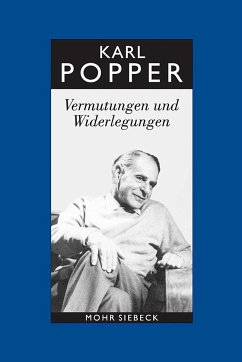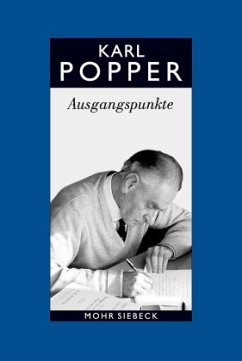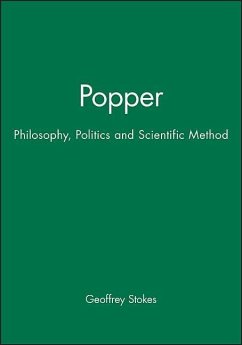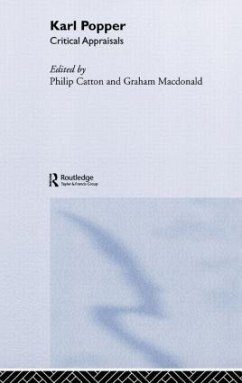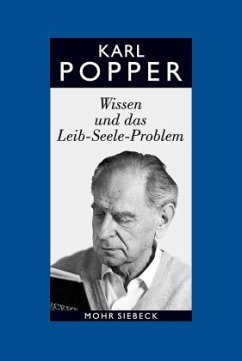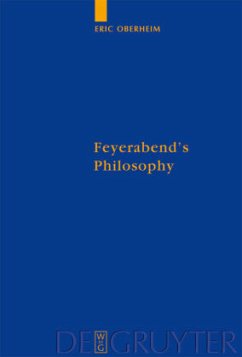Nicht lieferbar
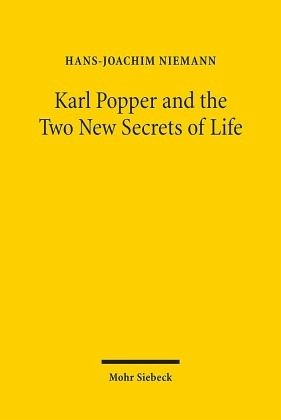
Karl Popper and the Two New Secrets of Life
Including Karl Popper's Medawar Lecture 1986 and Three Related Texts
Versandkostenfrei!
Nicht lieferbar
The story of how humans and all living things came into existence is told in two widely believed versions: the Book of Genesis and Darwin's Origin of Species. It was the philosopher Karl Popper who presented us with a third story, no less important. His New Interpretation of Darwinism denies the creative power of blind chance and natural selection and establishes knowledge and activity of all living beings as the real driving forces of evolution. Thus, spiritual elements are back in the theory of evolution, and in Popper's view "the entire evolution is an adventure of the mind." In this book, ...
The story of how humans and all living things came into existence is told in two widely believed versions: the Book of Genesis and Darwin's Origin of Species. It was the philosopher Karl Popper who presented us with a third story, no less important. His New Interpretation of Darwinism denies the creative power of blind chance and natural selection and establishes knowledge and activity of all living beings as the real driving forces of evolution. Thus, spiritual elements are back in the theory of evolution, and in Popper's view "the entire evolution is an adventure of the mind." In this book, Hans-Joachim Niemann establishes Karl Popper as an eminent philosopher of biology. In the first chapter, biographical details are unearthed concerning how Popper's biological interests were inspired by a biological meeting in the old windmill at Hunstanton in 1936. The second chapter focusses on the year 1986 when Popper, in several lectures, summarized the results of his life-long biological thinking. The most important of these, the Medawar Lecture given at the Royal Society London, was lost for a long time and is now printed in the Appendix. A new world view begins to emerge that is completely different from Creationism or Darwinism. Twenty years after Popper's death, the last chapter looks back on his biological thoughts in the light of new results of molecular biology. His attack at that time on long-lasting dogmas of evolutionary theory turned out to be largely justified. The new biology seems even well suited to support Popper's endeavour to overcome the gloomy aspects of Darwinism that have made organisms passive parts of a machinery of deadly competition. Neither blind chance nor natural selection are the creative forces of all life, but rather knowledge and activity. How they came into existence is still a secret and a worthwhile research programme.




